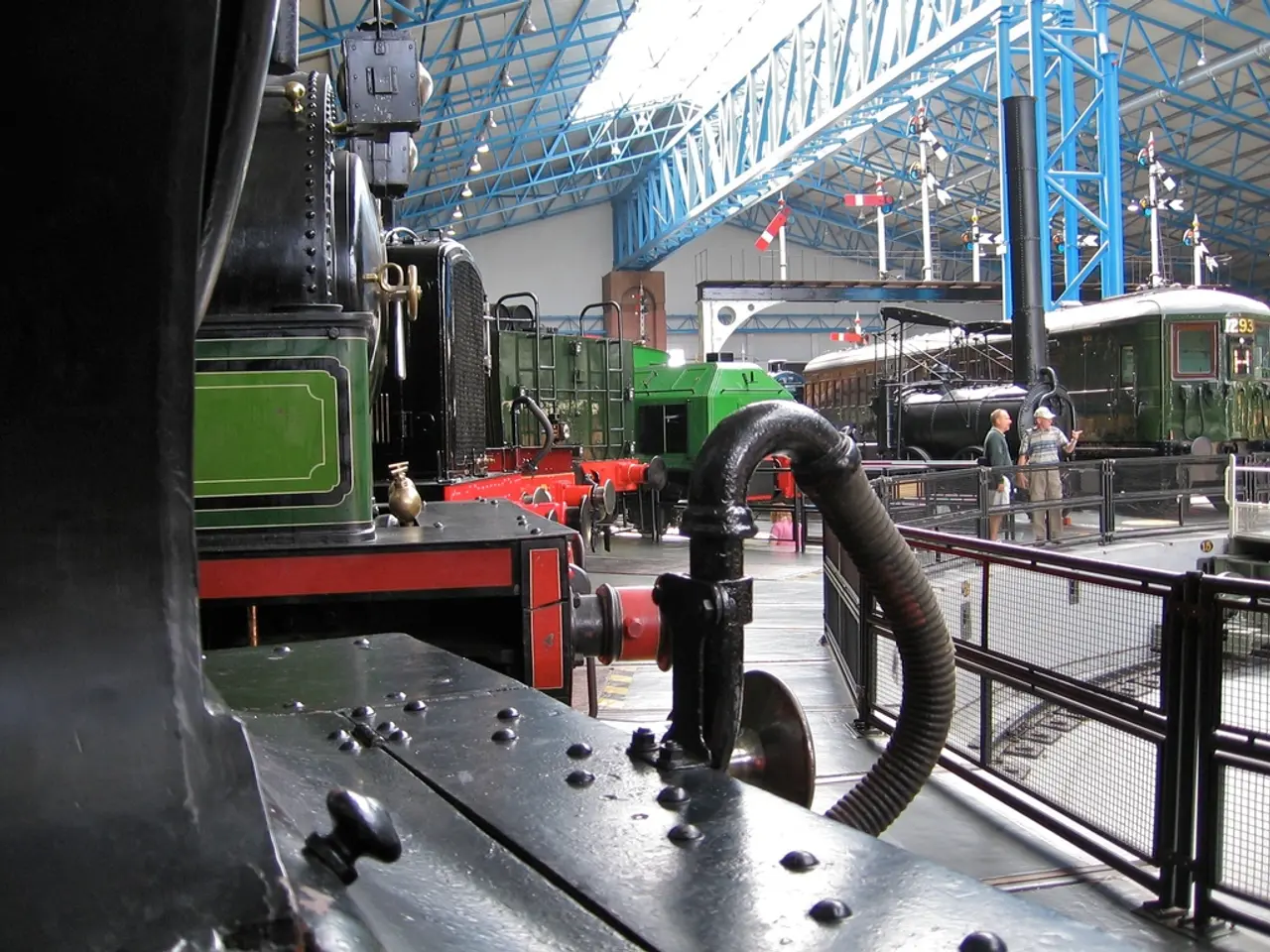UK Steel Industry Faces Crisis as Global Overcapacity Surges
The UK steel industry faces significant challenges, with worldwide overcapacity set to rise and British production plummeting. The OECD predicts global steel overcapacity to increase from 600 million tonnes in 2022 to 721 million tonnes by 2024. Meanwhile, UK crude steel production fell to 4 million tonnes in 2022, the lowest since the Great Depression. The industry supports 82,800 jobs directly and indirectly.
The UK relies heavily on overseas steel, importing 70% of its finished products. However, it also exports nearly 80% of its steel to the EU, with 1.9 million tonnes sent in 2022. The European Commission's proposal for 50% tariffs on steel imports worldwide above set quotas threatens UK steel companies. UK Steel urges the government to negotiate specific quotas with the EU and tighten import quotas to save the industry.
Home-made steel is crucial for defence, infrastructure, and national security in the UK. Yet, UK steel output is forecast to decrease further in the next few years until Tata's new electric arc furnaces come online in 2028. The British government has been negotiating with the EU for specific quotas on steel imports from third countries since October 2025 to protect the domestic industry and enhance its competitiveness.
The UK steel industry's future hangs in the balance due to global overcapacity and trade uncertainties. With the UK heavily reliant on both imports and exports, the industry's survival depends on the government's successful negotiation of import quotas with the EU. The industry's decline could have severe implications for national security and infrastructure.
Read also:
- U.S. CBP's Operation Plaza Spike Boosts Fentanyl Seizures Along Arizona-Mexico Border
- Tesla's EV Market Share Plummets in Europe, US Competition Intensifies
- Catastrophe at a U.S. Steel facility in Pennsylvania results in the loss of two lives. crucial details unveiled
- Two 'Last Generation' Activists Sentenced for Cologne/Bonn Airport Runway Blockade




